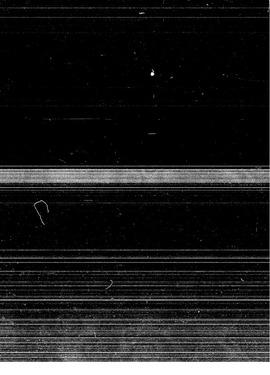| dc.contributor.author | Sabermahani, Mohammad Ali, | en_US |
| dc.date.accessioned | 2013-08-16T12:29:05Z | |
| dc.date.available | 2013-08-16T12:29:05Z | |
| dc.date.issued | 1984 | en_US |
| dc.identifier.uri | https://hdl.handle.net/11244/5242 | |
| dc.description.abstract | Major conclusions which were supported by the results of this research were that there are statistically significant differences between leadership styles, style range (flexibility), and style adaptability (effectiveness) of applied science graduate students and social science graduate students. The facts that the social science graduate students achieved higher scores on style range and style adaptability, and that they were more inclined toward participating as a leadership style than were applied science graduate students, reinforce the following general conclusion: social science majors are probably more relationship-oriented than are applied science majors. This may suggest the need for applied science majors who aspire to administrative positions to become involved in appropriate training programs designed to help them perform more adequately in administrative positions. | en_US |
| dc.description.abstract | The Leader Effectiveness and Adaptability Description (LEAD-Seff) developed by Hersey and Blanchard was used to measure the leader style, style range, and style adaptability. The Demographic Information Questionnaire developed by the investigator was used for the purpose of defining and describing respondents who participated in the study. | en_US |
| dc.description.abstract | A number of null hypotheses were developed for the purpose of investigating the problem. Three statistical tests were performed: the chi-square, analysis of variance, and the Pearson correlation coefficient. Two null hypothesis could not be rejected. | en_US |
| dc.description.abstract | The purpose of the study was to investigate the relationship between leadership styles and graduate academic majors. The theoretical framework of the study was Hersey and Blanchards' Situational Leadership Theory. | en_US |
| dc.description.abstract | The populations from which the samples were drawn consisted of graduate students who were majoring in the areas of applied sciences and in the areas of social sciences, at the University of Oklahoma, during the spring semester of 1982. The 96 respondents consisted of 48 applied science graduate students (15 females; 33 males) and 48 social science graduate students (22 females; 26 males). | en_US |
| dc.format.extent | vii, 112, [3] leaves : | en_US |
| dc.subject | Education, Administration. | en_US |
| dc.title | The relationship between leadership styles and graduate academic majors / | en_US |
| dc.type | Thesis | en_US |
| dc.thesis.degree | Ph.D. | en_US |
| dc.thesis.degreeDiscipline | Jeannine Rainbolt College of Education | en_US |
| dc.note | Source: Dissertation Abstracts International, Volume: 45-05, Section: A, page: 1262. | en_US |
| ou.identifier | (UMI)AAI8418591 | en_US |
| ou.group | Jeannine Rainbolt College of Education | |
